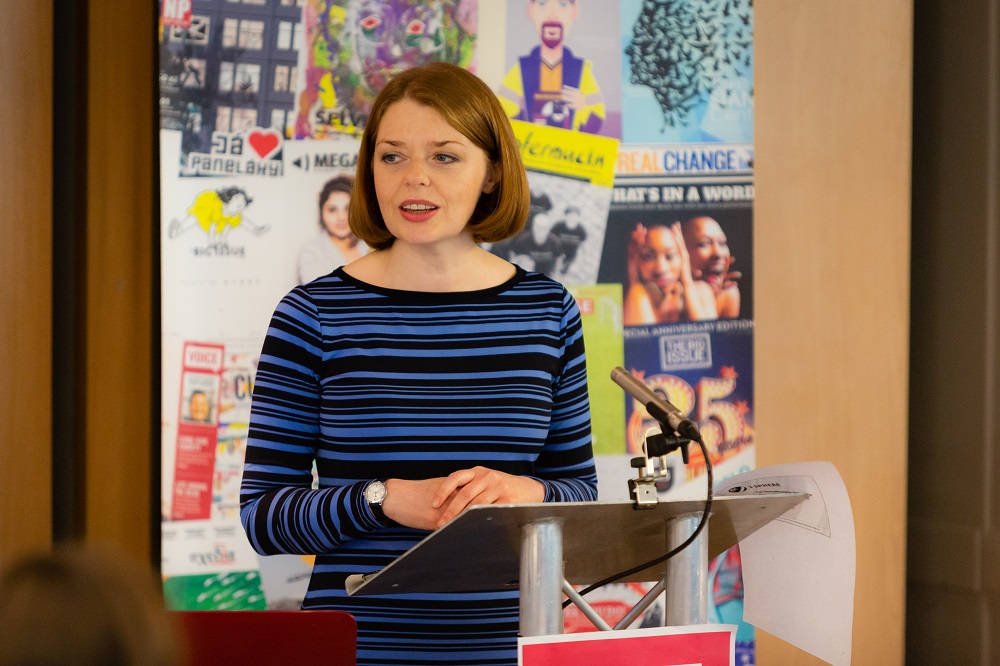Published:

A leading academic from Heriot-Watt University has been appointed into an influential new role to address poverty in Scotland.
Professor Suzanne Fitzpatrick has become a Member of the Poverty and Inequality Commission (the Commission). The Commission is an advisory non-departmental public body that provides independent advice and scrutiny to Scottish Ministers on poverty and inequality. She was selected for the position due to her expertise and body of research that has already influenced government policy across the UK on related issues such as homelessness, destitution, and complex support needs.
The Commission plays a crucial role in providing advice to Scottish ministers on matters relating to poverty and inequality in Scotland, including scrutinising progress towards the child poverty targets.
Professor Fitzpatrick, who will sit on the Commission for a seven-month period and is Director of Heriot-Watt's Institute for Social Policy, Housing and Equalities Research (I-SPHERE), said: “This opportunity allows me to bring my academic expertise and research in social sciences to scrutinising policymaking, where we can work together to address some of the most pressing challenges facing society.”
Many people are trapped by poverty in Scotland, affecting around 1 in 4 children (24%).
While statistics highlight the scale of the problem, they do not adequately show the impact on those living on a low income, especially those who are most excluded and may not be living in mainstream housing.
Professor Fitzpatrick continues: “Poverty and inequality are fundamental social harms affecting our society, blighting the lives of so many, and I am very pleased to have the opportunity to contribute to tackling it here in Scotland.
“Alongside my colleagues, I will aim to promote the implementation of policy measures that can make a tangible difference to those affected by poverty and inequality. Our collective efforts will be focussed on contributing to a fairer and more equitable society, where every individual has the opportunity to thrive, regardless of their background or circumstance.”
The Commission currently consists of six members from across Scotland with a range of skills and experience including academia and the third sector. In order to perform its functions, the Commission can gather evidence, carry out research, prepare and publish reports.